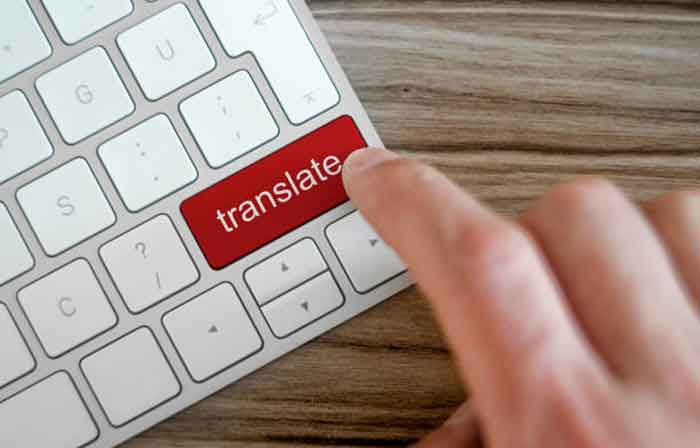Choosing a qualified translator is an important step in the translation process. Not all translators are equal, and some may specialize in one field of expertise. Some have experience in legal terminology, pharmaceuticals, industry jargon, or technical slants. You should also consider the language skills of the translator.
Interviewing a qualified translator

The first step to hiring a translator is to conduct an interview. It is important to find out if the candidate is interested in the work and if they are passionate about learning languages and cultures. The interviewer also wants to see how much experience the translator has in the translation field, and how much the person has specialized in a particular field.
The interview should be carried out in the correct format for the target language. It should be carried out with maximum concentration, as any misinterpretation can lead to unpleasant incidents. It should also be in accordance with the interview’s format, including whether the interview is consecutive or simultaneous. Moreover, the interview should specify the scope, purpose, and approximate list of questions.
Requirements for certification
Certification is an important factor to consider when selecting a translator. Not every translator is certified, and becoming certified will take additional training and experience, as well as an examination. Before choosing a certification program, consider your career goals. Do you want to work in a government setting or in an industry where specialized language skills are a prerequisite? Do you want to work with people from different cultures or with a particular dialect? If you are considering becoming a certified translator, you should assess the credentials required by your prospective client base.
Certification is a good indicator of competency and dedication. Make sure you look for certification from an ATA member. Not only will you receive a seal, but you can also look for a professional listing in the ATA’s directory of translation and interpreting services. Certification is not necessary for every translator, but it shows that a translator is dedicated to the profession and is professional and tactful. Moreover, a certified translator is more qualified and more skilled, browse around this site.
Sample translations
When selecting a qualified translator, it is important to ask for translation samples. These sample translations usually consist of no more than 500 words. The quality of the translation depends on how thoroughly the samples have been translated. Sample translations should be of high quality and should also contain references. You can also ask to see actual translations produced by previous clients.
Choosing a qualified translator can be challenging – you need to make sure that your translations are accurate and in-keeping with your intended audience. A qualified translator will have extensive industry knowledge and understand the terminology and jargon used in your industry. They also know the appropriate tone to use when translating different types of documents.
Client references
Client references are an excellent way to ensure that a translation agency has the necessary expertise to complete your translation project. You can ask the company’s past clients about their experience, whether they were satisfied with the translation or not. A company that delivers top-quality work will have happy clients who are willing to share their experiences.
The first step to choosing a qualified translation agency is to look for a portfolio of recent projects. The portfolio should include case studies of previous work. This will give you an idea of the type of translation services that the translation agency provides. Case studies will also show you what industries and projects it has completed.
Cost of hiring a qualified translator
The cost of hiring a qualified translator varies. Generally, you can expect to pay $30 to $125 per page, with additional pages costing less. Prices per page go down as the volume of the translation increases. For example, at the Translation Agency of Ontario, the cost of a certified translation is $49 for the first page and $35 per additional page. For more than 30 pages, a junior translator costs $69 and a senior translator costs $90,000.
Conclusion:
Another factor to consider is the target language. Some languages are more popular than others. The most common languages are German, Chinese, Arabic, and Spanish. In contrast, legal and literary translators usually charge a flat per-word rate.

